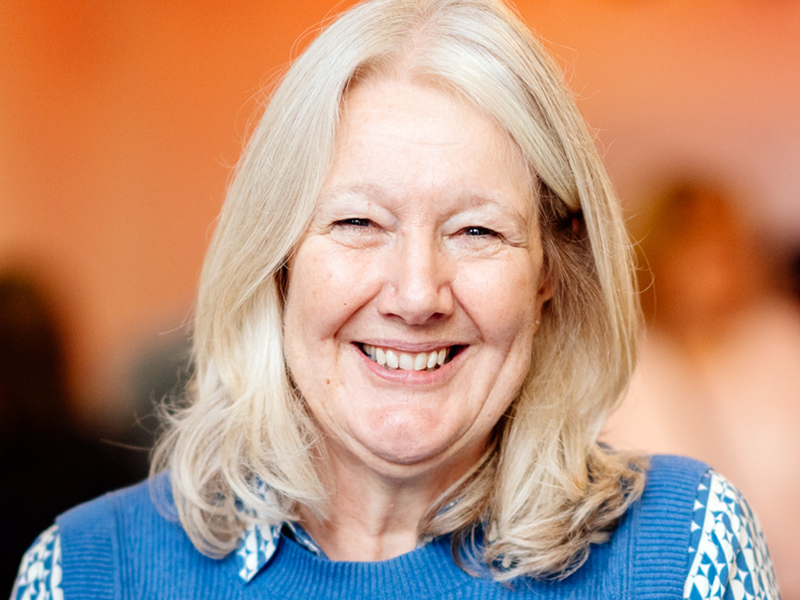Viv Dickenson, CEO of CrossReach, warns cuts to social care is impacting the lives of service users and their families
Scotland is reaching crunch point when it comes to social care. Lack of long-term investment, slow post-pandemic recovery, and the current financial crisis have taken their toll. Decisions to cut funding to vital services to ‘balance the books’ are being taken daily, but I think we are failing to count the real cost.
Over the last year, four longstanding CrossReach services have been affected by funding decisions. Some have since found alternative ways of offering support, but the threat of closure has had far-reaching impacts. News of cuts, and subsequent disruptions to vital services, have caused significant distress to supported people and their families, as few real alternatives are available.
Our long-suffering employees are similarly affected as they are plunged into uncertainty, with some of our most highly skilled colleagues choosing to leave the profession altogether; disastrous for a sector already struggling with recruitment. In Scotland, the Coalition of Care Providers reported their average workforce turnover was 25%, a 5.5% increase on the previous year.
While financial challenges experienced by Health and Social Partnerships is recognised and understood, there is a sense of inevitability that short-term savings made today can only lead to greater expense, tomorrow.
Services which have lost funding are high-quality, cost-effective and deliver good outcomes. Many are early intervention services which help prevent family breakdown, support individuals to live a full and independent life, and, consequently, help relieve pressure on the overloaded NHS and Scottish Prison Service.
Cuts to social care will initially be felt by those who rely on the support offered. In time however, this will have a ripple effect in communities across Scotland as more people reach crisis point due to the erosion of supportive infrastructure that social care offers. When social care is unavailable there will only be further negative impact on the economy.
So, what to do? For several years, many in the sector have cried out for a different approach to commissioning grounded in human rights, recognising people are not simply a commodity whose support can be left to the vagaries of current commissioning practice. We all need consistent, trusting relationships around us to help us thrive. Although this is widely recognised, there has been little progress when it comes to the commissioning of social care. This leaves people particularly vulnerable in a financial crisis. The unanticipated withdrawal of contracts or the short notice cuts to funding, often without consultation with those most affected, leave people with little choice or control.
People accessing social care should be afforded security and dignity, yet the current climate does not allow for either. We often hear stories of people whose support has been cut or withdrawn as a contract ends or changes, and ultimately struggling to access the care they need. That is where the real cost is being felt. We must and can do better.
While we welcome the recent announcement about the special advisory Board brought together to ensure the proposed National Care Service offers the positive change needed, the delay in implementation may mean it will be too late for many. Sadly, most people only learn the value of good social care when they need it the most.
If we want Scotland to be a place where people can thrive, and where we have strong, sustainable communities we need to recognise social care as a good investment rather than an easy target when it comes to short-term funding decisions.
It is important as we approach election season that the current funding cuts to social care are understood, debated and assurances are given about services being there for the future.
Viv Dickenson is CEO of Crossreach, Scotland’s largest social care charity







